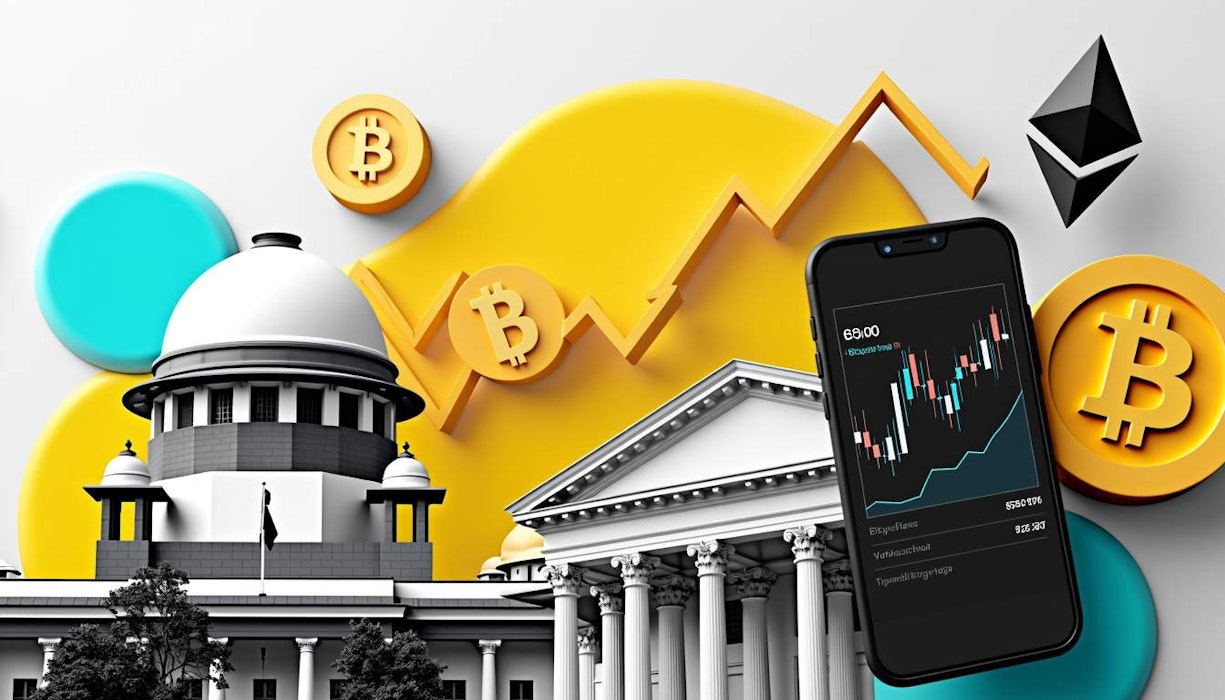I’ve been diving deep into the political waters surrounding crypto trading in the US, and it’s pretty fascinating. The upcoming elections could really swing things one way or another. With traditional institutions like Charles Schwab eyeing the crypto exchange market, we might be on the brink of a major shift. But let’s break it down.
The Political Game and Crypto's Future
First off, it’s clear that politics play a huge role in shaping the regulatory environment for cryptocurrencies. Depending on who’s in charge, we could see a push for more consumer-friendly policies or a clampdown on what some might call “wild west” practices. It’s interesting to note that there are millions of crypto owners out there, and they’re starting to flex their voting muscle. Candidates who ignore this bloc do so at their peril.
Take Donald Trump, for instance. He’s positioning himself as pro-crypto, while the Biden administration is viewed with suspicion by many in the community due to its regulatory stance. And let’s not forget about the hefty political donations pouring in from the crypto sector—over $190 million this election cycle! It’s bipartisan too; both sides are cashing in.
Schwab's Potential Move into Crypto
Now onto Charles Schwab—this one caught me off guard. The incoming CEO hinted that they might jump into spot crypto trading if regulations become favorable. They’re currently offering indirect exposure through linked ETFs but seem poised for a big pivot if conditions align.
But here’s my concern: as traditional institutions wade into these waters, aren’t they just setting themselves up to get burned? I mean, didn’t we just see that with FTX? There are reports out there discussing potential systemic risks involved when these institutions start mixing it up with cryptos.
Risks Traditional Institutions Bring
The risks are real folks! Increased interconnectedness could amplify systemic risks—especially if leverage is involved. And let’s not even start on operational risks; remember those cyber attacks?
And what about new crypto exchanges trying to make their mark? Regulatory hurdles can be daunting! For those operating in hyperinflationary economies, compliance costs can be crippling when your local currency is already unstable.
But here’s where it gets tricky: while some regulations can build investor confidence by ensuring transparency and asset protection, overly stringent ones might scare away potential users.
Summary: A Balancing Act Ahead
So where does that leave us? As we stand at this crossroads of political influence and regulatory evolution, one thing seems clear: navigating the future of crypto trading will require a careful balance of oversight and innovation.
New exchanges—and perhaps even traditional ones—will need to adapt quickly if they want to thrive in this rapidly changing landscape.
